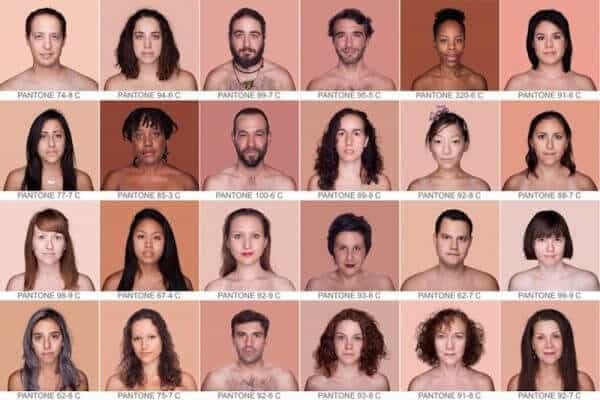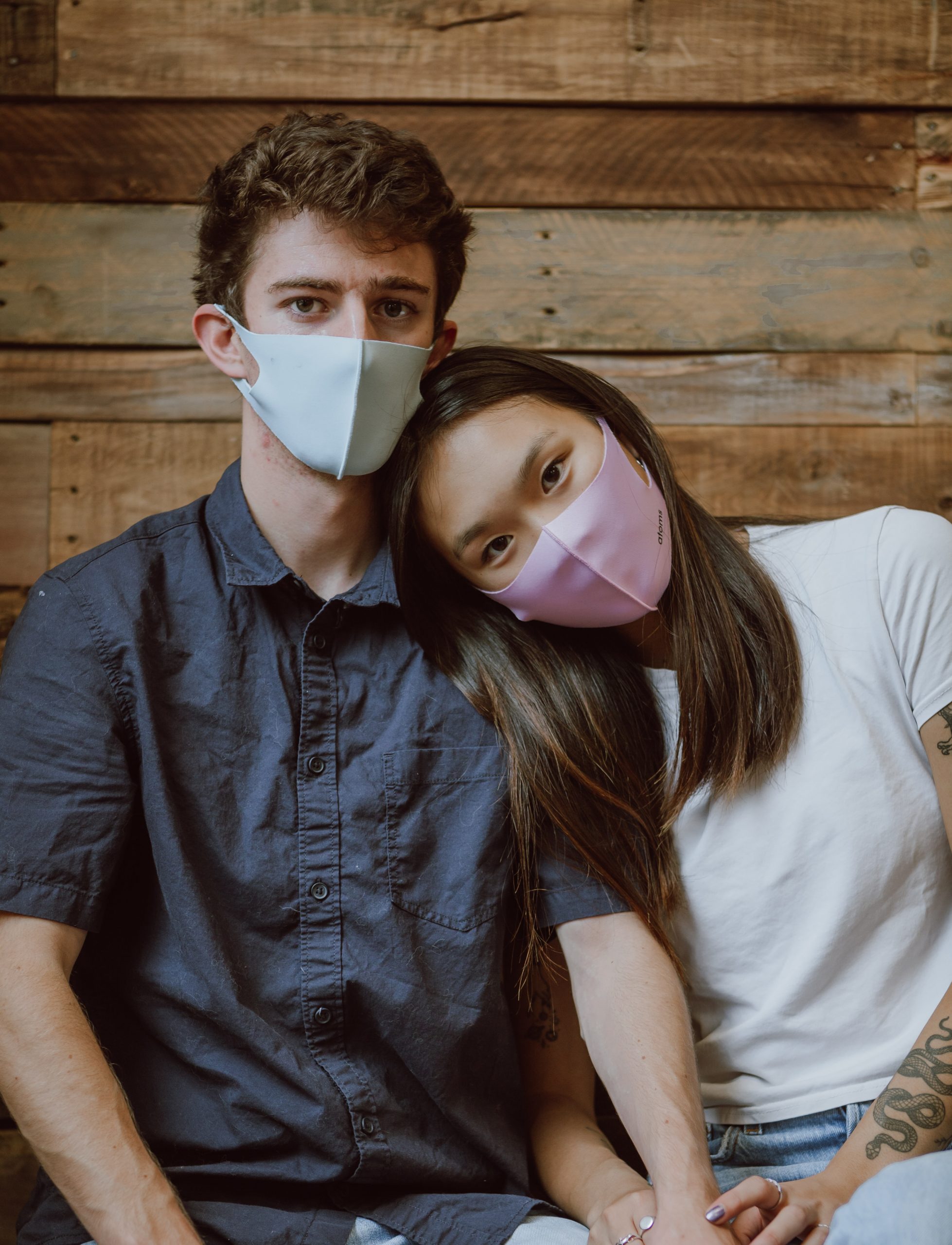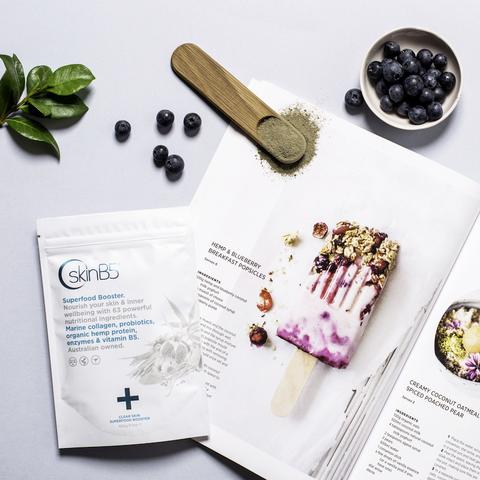‘Only white people suffer acne’,
Growing up in the anglo-dominated outer suburbs of Melbourne’s south east, I naively believed that as a white teen, I was inflicted by acne ridden skin because of my race. The few non-Anglo friends I had didn’t suffer acne, and all the books and brochures I read were dominated by white faces, hence my misguided impression.
That old adage that the grass is always greener on the other side, is true of this. In the absence of knowledge we come to our own unfounded understandings of how things work. When inflicted with something undesirable and socially isolating, do you find yourself having equally bizarre thoughts?
Fortunately (or unfortunately) all ethnicities suffer acne vulgaris. In fact it is estimated that 80% of people suffer acne to some degree between the ages of 11 and 30.
With the race myth aside, the important question remains: what causes acne?
No single cause has been identified, however there are a number of related factors:
Hormones: increases in hormones called androgens (particularly during puberty) can cause the sebaceous glands to enlarge and make more sebum. Hormones also fluctuate during pregnancy, and are also affected by birth control pills.
Genetics: unfortunately research suggests acne can be inherited from parents, which upon reflection is true of myself.
Cosmetics: greasy or poor quality cosmetics can cause a plug in the pores of the skin, particularly around hair follicles, leading to acne in the area. This also includes moisturisers.
Excessive cleansing: in response to acne, it is logical to cleanse. However it is possible to do so too regularly and cause an increase in the production of oil. It is also possible to scrub too hard at the skin, with the same undesired effect.
Lifestyle: a huge range of factors influence your overall wellness and therefore the health of your skin. Do you get enough sleep? Are you eating wholesome food? Do you drink too much alcohol?
Stress: there’s a strong relationship between stress and the condition of your skin. Stress can increase inflammation and the production of sebum, leading to more breakouts and acne.
Diet: when the food you eat is lacking in vitamins, resulting in deficiencies, a series of systems within your body are affected. A poor diet can lead to the same issues as when you are stressed. When in a stressed state our bodies use more vitamins and minerals such as B vitamins, zinc and magnesium, leaving less for the moderation of hormones and digestive function- affecting skin quality and healing
How to address this?
Making healthy and positive changes to your lifestyle, while also reconsidering your use of cosmetics and skin cleansing methods will have a positive impact upon the quality of your skin.
To resolve the deficiencies of your body, SkinB5 is formulated to return vitamins and minerals. SkinB5 is formulated to help control skin oil production, support skin healing and renewal while also supporting healthy immune function. By addressing the deficiencies created by stress, it is able to not just supplement the nutritional value of your diet, but combat the impact of a stressful lifestyle!
SkinB5 has helped people, of all ethnicities, around the world. Check out some of their inspiring stories here.
 Who is Nick Bell?
Who is Nick Bell?
Nick joins SkinB5 as a writer, contributing monthly to the blog.
A mid-twenties Melburnian cliche, the bearded student suffers wanderlust, a soft spot of his city’s cafe culture and a love of cycling. He writes from experience, having suffered acne himself throughout both high school and university, and it’s something he still battles today. Nick also writes a personal blog where he is documenting his journey for clear skin with SkinB5, having previously given up after years of ineffective products and medications.








Leave A Comment